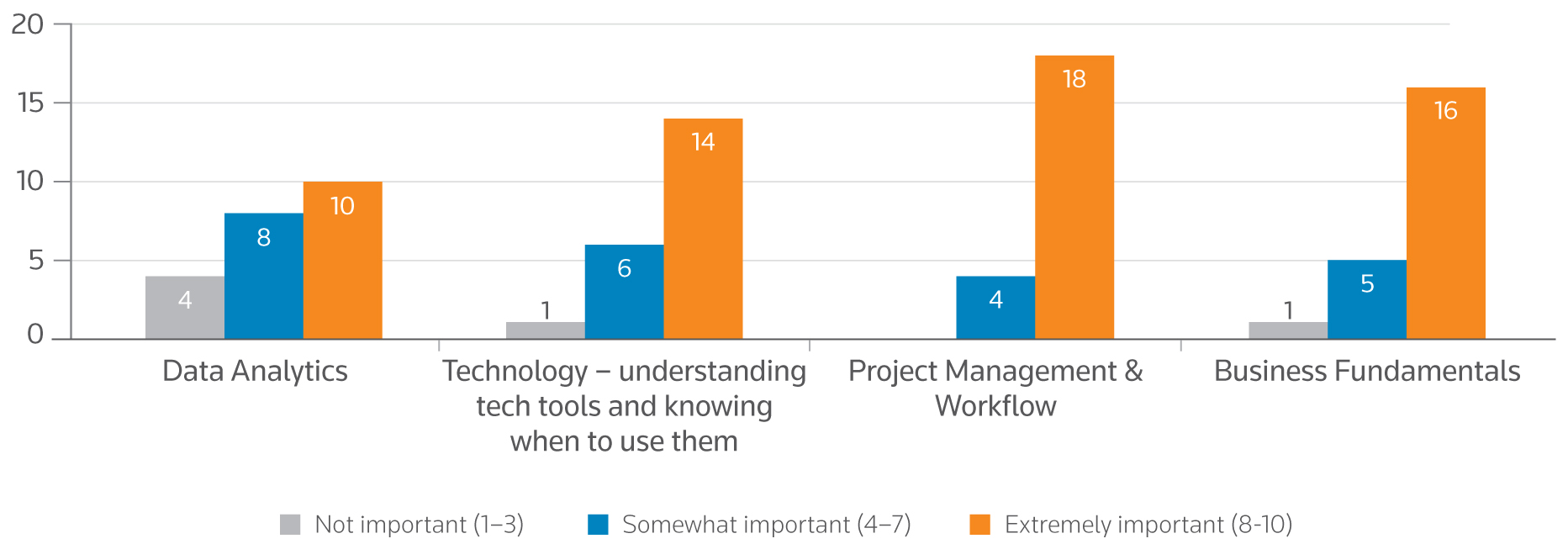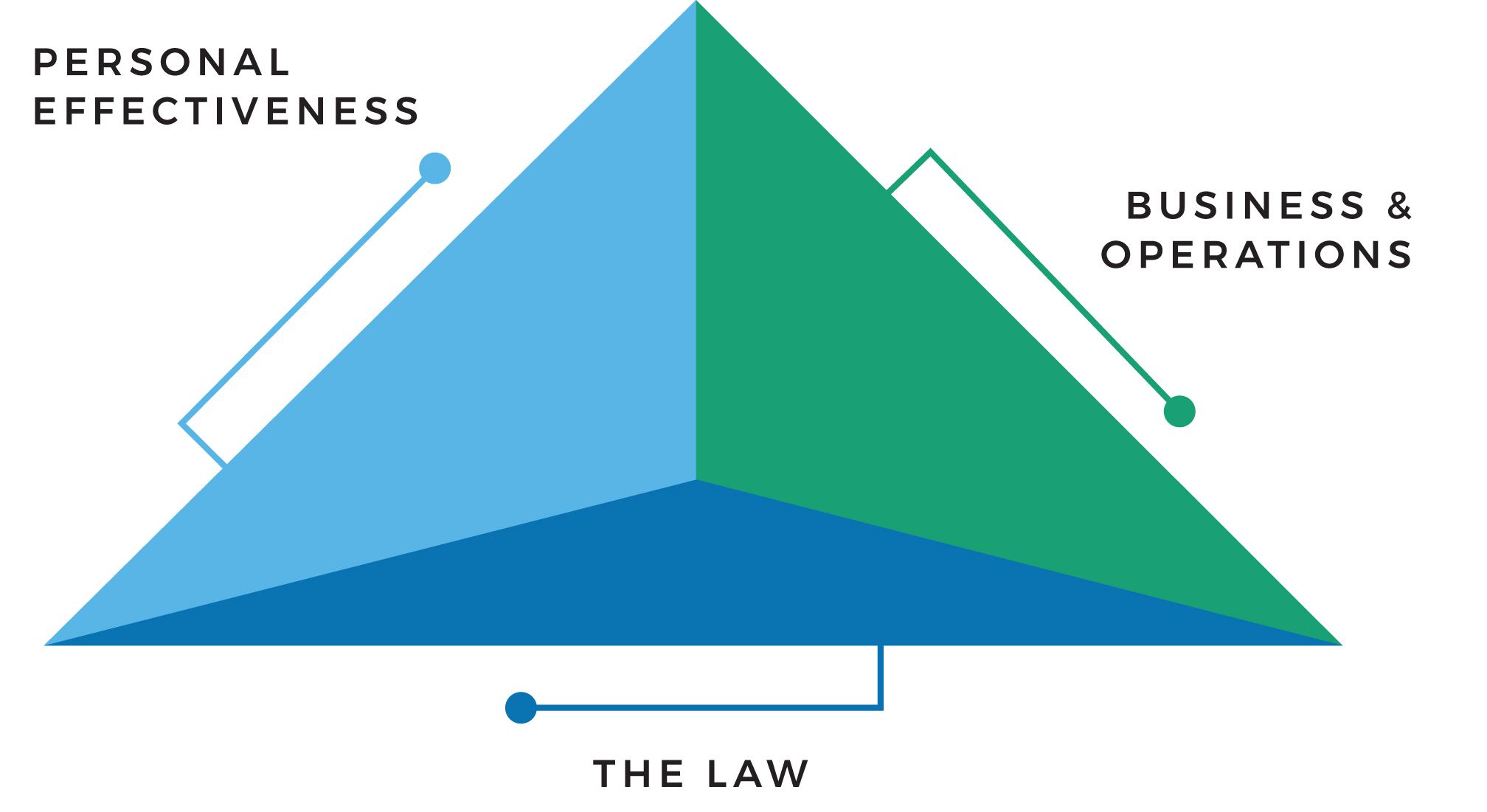In a new white paper, we examine the Delta Model and what is shows about the 21st century skill competencies of lawyers and comprehensive lawyer competence
The legal education and professional development markets remain largely behind the times for providing the skills, training, and competencies required for lawyers to be successful in the 21st century, especially amid a legal market that continues to undergo tremendous change. Fortunately, however, more and more legal institutions are talking about this skills gap and investing in more opportunities to offer access to these skills.
In a new white paper, Adapting for 21st Century Success: The Delta Lawyer Competency Model, by Natalie Runyon, Director of Enterprise Content Thomson Reuters Legal Executive Institute, and Alyson Carrel, Clinical Associate Professor of Law and Assistant Director for the Center on Negotiation and Mediation at the Pritzker School of Law at Northwestern University, we examine the Delta Model and what it shows about 21st century skill competencies for lawyers.
The Delta Model builds upon the great body of research and work that has been produced on these skill competencies and seeks to provide an adaptive vehicle for comprehensive lawyer competence. The Model also works to provide a framework backed by rigorous empirical research that views these skills from the perspective of current clients and can adapt to their future evolution as well.
You can download a copy of the new white paper, Adapting for 21st Century Success: The Delta Lawyer Competency Model, here.
As a baseline, the Delta Model was created as a concept and then tested against the perspectives of 45 professionals composed primarily of hiring managers of in-house counsel, hiring managers of outside counsel, and hiring managers of new law school graduates.
As the white paper demonstrates, the area of Personal Effectiveness competencies is critical to the success of the 21st century lawyers, but with variability. Within that larger category, the competencies of Entrepreneurial Mindset and Adaptability topped the list, based on survey respondents. Emotional Intelligence remains in the Top 3 of attributes cited, according to interview feedback and survey respondents; but was a far second to Entrepreneurial Mindset.

Business Fundamentals and Project Management & Workflow were the top competencies in the Business & Operations category.

As the white paper explains, the Delta Model likely has applications in other allied professional career paths, such as information professionals, because in the 2018 State of the Profession research completed by the American Association of Law Libraries, revealed several skills gaps across all three sides of the Delta Model. They included teaching and instruction, emotional intelligence, verbal communication and presentation skills, legal research, and data management and analytics. Based on these gaps, here is how the Delta Model might be adapted based on these skill gaps.

As next steps, we are exploring the next areas and phases of the research. Potential areas include the development of metrics to measure effectiveness of each side of the competency model and partnering with a law firm and in-house counsel function to implement the Delta model to develop lessons learned in implementation. Contact us @DeltaModelLawyr to partner with us!







